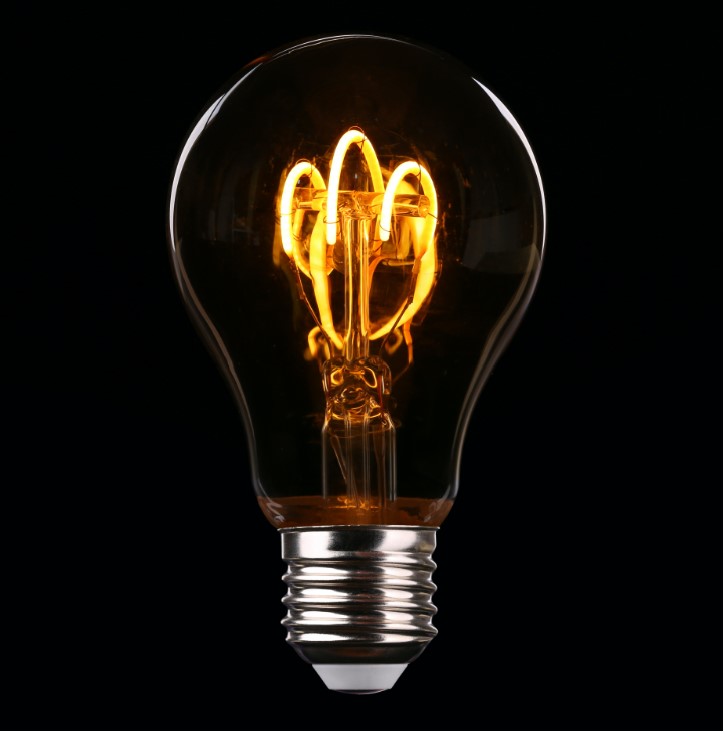As the housing market continues to evolve, more homeowners are looking into renting or leasing their homes as a way to generate income. One critical aspect often overlooked in this process is the state and capacity of the home's electrical services.
Understanding and addressing the electrical requirements of your property can significantly enhance its appeal, ensuring safety, convenience, and potentially maximizing the rent received. Here's a comprehensive guide on what you should consider in terms of electrical services before renting or leasing out your home.
1. Compliance with Electrical Codes and Standards
- National and Local Regulations: The National Electrical Code (NEC) sets the benchmark for safe electrical design, installation, and inspection. However, local codes can vary. Ensure your property's electrical system complies with both.
- Permits and Inspections: Before making any electrical upgrades or changes, check if you need permits. Also, having your property inspected by a licensed electrician or a city inspector can certify that your home meets current standards. Look for an experienced Residential Electrician in your area who is familiar with both national and local regulations to ensure proper compliance. They can also provide valuable guidance on the latest safety measures and energy efficiency standards, helping to avoid potential hazards and improve the overall functionality of your electrical system.
2. Electrical Safety Checks
- Wiring Integrity: Older homes might have outdated or deteriorating wiring like knob-and-tube or aluminum wiring, which can be hazardous. Consider upgrading to copper wiring.
- Circuit Breaker Panel: Ensure the panel is in good condition and has the capacity to handle the home's electrical load. Overloaded panels are fire risks. Upgrading the circuit breaker is a cost you may want to consider.
- Ground Fault Circuit Interrupters (GFCIs): Required in areas with moisture (bathrooms, kitchens, etc.), GFCIs prevent electrical shocks. Verify their presence and functionality.
- Smoke and Carbon Monoxide Detectors: Ensure these are installed and functioning properly, as they are essential for tenant safety.
3. Energy Efficiency and Sustainability
- Energy-Efficient Appliances and Lighting: Installing LED lighting and Energy Star-rated appliances can be a strong selling point, reducing energy costs for tenants.
- Smart Home Features: Consider smart thermostats, smart lights, and energy monitors. These appeal to tech-savvy tenants and can increase energy efficiency.
- Solar Panels and Renewable Energy Options: Although a significant investment, solar panels can attract environmentally conscious tenants and provide long-term utility savings.
4. Sufficient Electrical Outlets and Modern Amenities
- Adequate Number of Outlets: Modern tenants have numerous electronic devices. Ensure each room has enough outlets, preferably with USB charging capabilities.
- High-Speed Internet and Cable Access: Wiring for high-speed internet and cable is almost a necessity in today's rental market.
- Electrical Upgrades for Appliances: Ensure your electrical system can support modern appliances, including high-efficiency HVAC systems, washers, dryers, and dishwashers.
5. Emergency and Security Electrical Needs
- Emergency Lighting: In multi-unit properties, consider installing emergency lighting in common areas.
- Security Systems: Wiring for security cameras and alarm systems can be a desirable feature for potential renters.
6. Addressing Tenant-Specific Electrical Needs
- Accommodating Home Offices: With the rise of remote work, tenants may require dedicated circuits for home offices.
- Electric Vehicle Charging Stations: As electric vehicles become more common, having an EV charging station can be a significant draw.
7. Cost-Benefit Analysis of Electrical Upgrades
- Return on Investment (ROI): Weigh the cost of electrical upgrades against potential rental income increase. Some upgrades may offer a better ROI than others.
- Grants and Incentives: Look into local, state, or federal incentives for energy-efficient upgrades or renewable energy installations.
8. Hiring Qualified Professionals
- Licensed Electricians: Always hire licensed and insured electricians for inspections and upgrades. This ensures quality work and compliance with codes.
- Regular Maintenance: Set up a schedule for regular electrical maintenance to prevent issues and ensure continuous compliance with safety standards.
9. Marketing Your Upgraded Property
- Highlighting Electrical Features: In your rental listings, emphasize the upgraded electrical features and how they enhance safety, convenience, and energy efficiency.
- Targeting the Right Audience: Tailor your marketing to attract tenants who value these upgrades, such as environmentally conscious individuals or tech-savvy professionals.
10. Understanding Tenant Rights and Responsibilities
- Legal Obligations: Be aware of your legal obligations regarding electrical safety and maintenance.
- Tenant Education: Inform tenants about the electrical systems, safety features, and efficient usage of appliances and systems.
In summary, when preparing your home for rental or lease, a comprehensive evaluation and possible upgrade of the electrical services is crucial. Not only does it ensure safety and compliance with regulations, but it also adds value to the property, potentially increasing its rental appeal and income.
By focusing on safety, efficiency, modern amenities, and sustainability, and by engaging the right professionals, you can position your property as a top choice for prospective renters, maximizing your investment returns.
Remember, while the upfront costs of electrical upgrades can be significant, they can lead to long-term savings and higher rental yields. Always balance the cost against the potential benefits and consider the preferences and needs of your target rental demographic.
With careful planning and investment in electrical services, your rental property can stand out in a competitive market, ensuring both tenant satisfaction and optimal financial returns.










